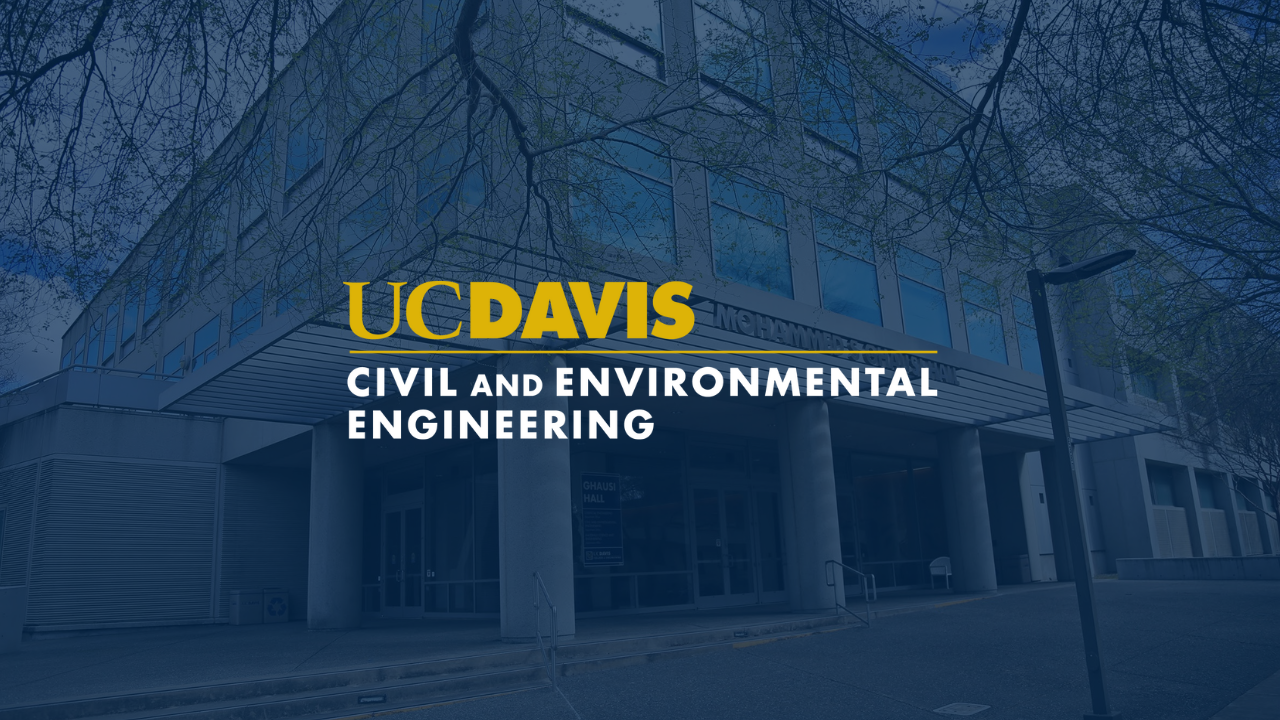
Event Date
Abstract
Damage to embankments containing slurry-deposited Coal Combustion Product (CCP) can lead to static liquefaction or slope failure, resulting in the release of the contained material. Characterization of the mechanical and hydraulic properties of CCP deposits provides the fundamental basis for the design, operation, and closure of CCP facilities.
In this study, centrifuge experiments were performed to evaluate the changes in the Cone Penetration Test (CPT) tip resistance (qc) due to differences in drainage conditions and the location of the water table within an initially dense fly ash deposit. To accomplish this, centrifuge equipment that enables dewatering and rewetting of CCP deposits in flight was built and
commissioned. Test results show the dependency of the CPT qc on the penetration rate, consisting of an increasing, unchanged, or decreasing qc as the penetration conditions transition from drained to undrained due to the different states of the deposit that led to the generation of various degrees of excess pore pressures during penetration. The qc in the unsaturated soil regime was also related to the estimated effective stress using determined soil water retention curves (SWRC).
Additionally, the water migration within the saturated CCP during dewatering and rewetting was explored. The relationship between the generated matric suction and the water content during dewatering and rewetting was developed and compared with laboratory-determined drying and wetting SWRC to justify the use of a geotechnical centrifuge for obtaining SWRC.
In summary, the findings in the current study can help develop or refine correlations between the CPT tip resistance and the in-situ state of CCP deposits as well as relate properties measured in the laboratory to the in-situ hydraulic response of CCPs.
Bio
Jiarui Chen is a postdoctoral scholar in the Department of Civil and Environmental Engineering at the University of California, Davis. He obtained his Bachelor’s degree at Southeast University in China and Master’s and Ph.D. degrees from the University of Illinois at Urbana-Champaign. Dr. Chen’s research focuses on mitigating human-made and natural hazards, particularly those related to soil liquefaction. Experimental approaches are primarily adopted for investigations at multiple scales, spanning from element scale to physical models cale and to field scale. His research can benefit the geotechnical practitioners who are working on the design, construction, retrofit, and operation of sloping ground geotechnical infrastructures and provide a scientifically sound solution for the risk assessment of those structures.
